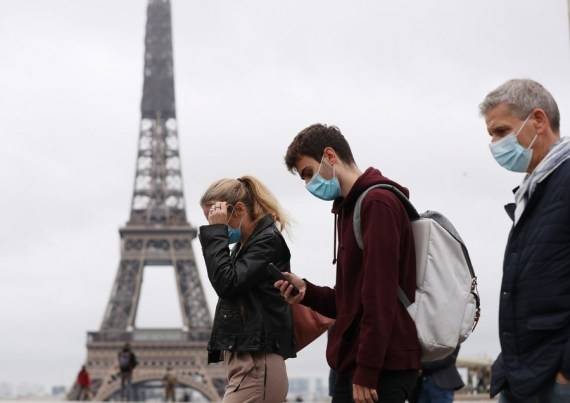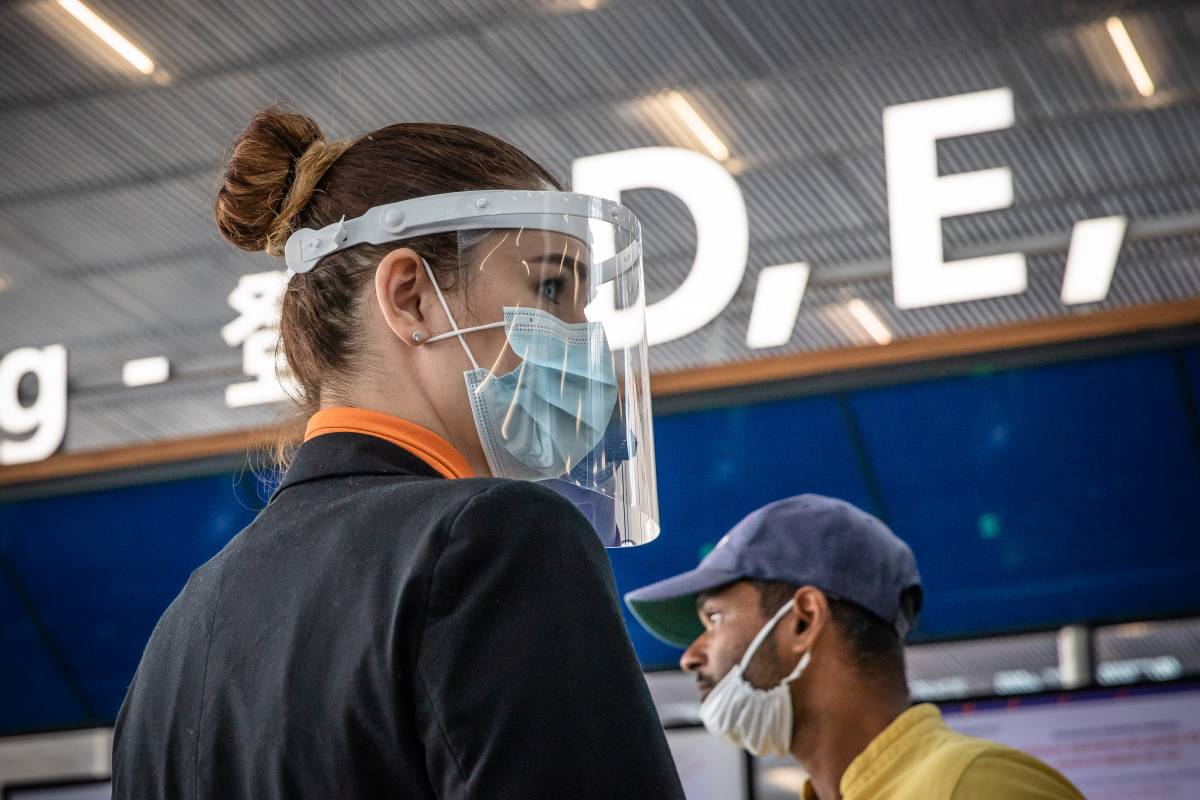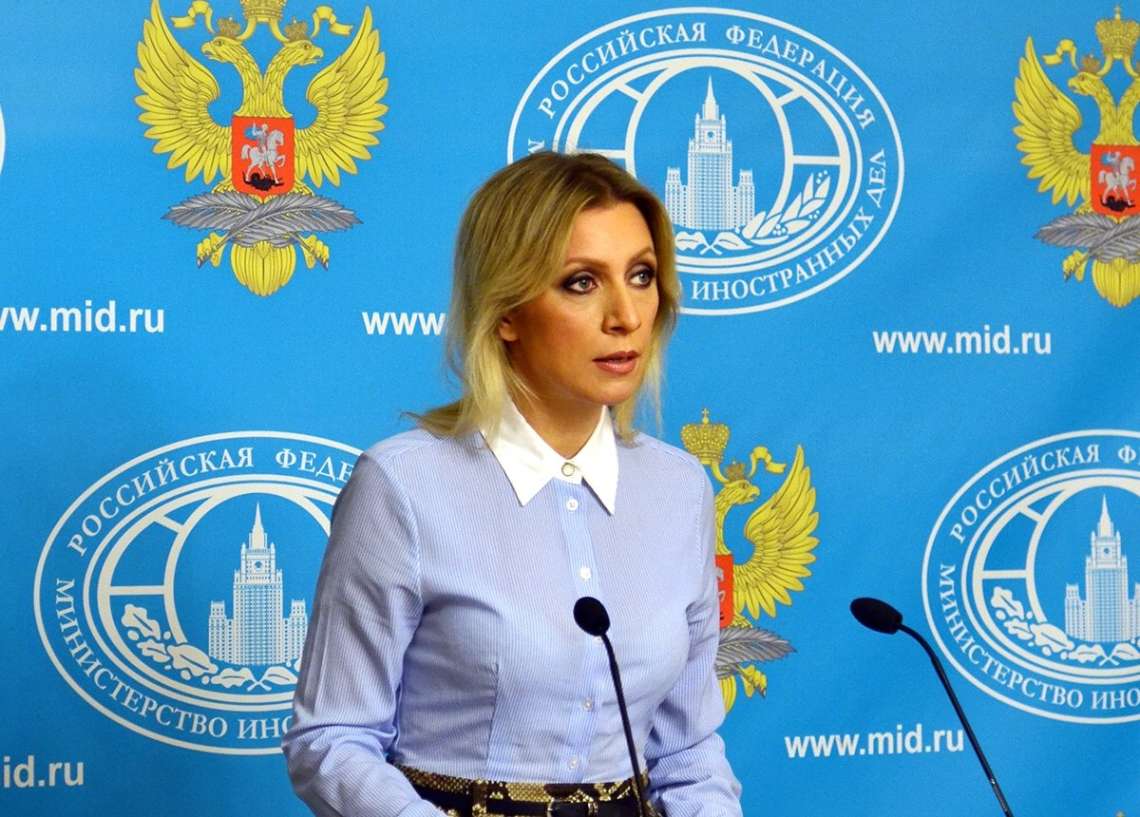To make sure that the EU is ready in case of a new wave, the European Commission calls on its member states to work on their preparedness and resilience, in order to be able to react promptly…reports Asian Lite News
Despite most Covid-19 restrictions being lifted in the European Union (EU), the bloc’s member states should remain vigilant and increase their preparedness, said EU officials.
“We are entering a new phase of the pandemic, as we move from emergency mode to more sustainable management of Covid-19. Yet, we must remain vigilant,” said President of the European Commission, Ursula von der Leyen, on Wednesday.
“While the health situation is improving, we must prepare for different scenarios, and do it in a coordinated way,” said Margaritis Schinas, European Commission’s Vice-President for Promoting our European Way of Life.

“It is… crucial that the Member States maintain a high level of vigilance and preparedness for new outbreaks and variants — the pandemic is not yet over,” said Stella Kyriakides, European Commissioner for Health and Food Safety.
To make sure that the EU is ready in case of a new wave, the European Commission calls on its member states to work on their preparedness and resilience, in order to be able to react promptly, Xinhua news agency reported.
Actions include stepping up vaccinations; setting up integrated surveillance systems to get reliable estimates; testing and sequencing for the detection of new variants; investing in the recovery of healthcare systems; coordinating actions on free and safe travel; supporting the development of next-generation vaccines; fighting disinformation; and continuing efforts to fight the disease globally.
The European Commission said it will act to ensure the resilience of supply chains during the pandemic. It is also launching the EU FAB initiative, which will keep an ever-warm network of vaccine manufacturing capacities ready to get into action as soon as needed.
The EU is witnessing a return to “normal life”, as the Omicron variant is less severe than the previous ones, thus putting much less pressure on the healthcare systems, the Commission added.
“However, infections are still in the millions worldwide,” Kyriakides added.














